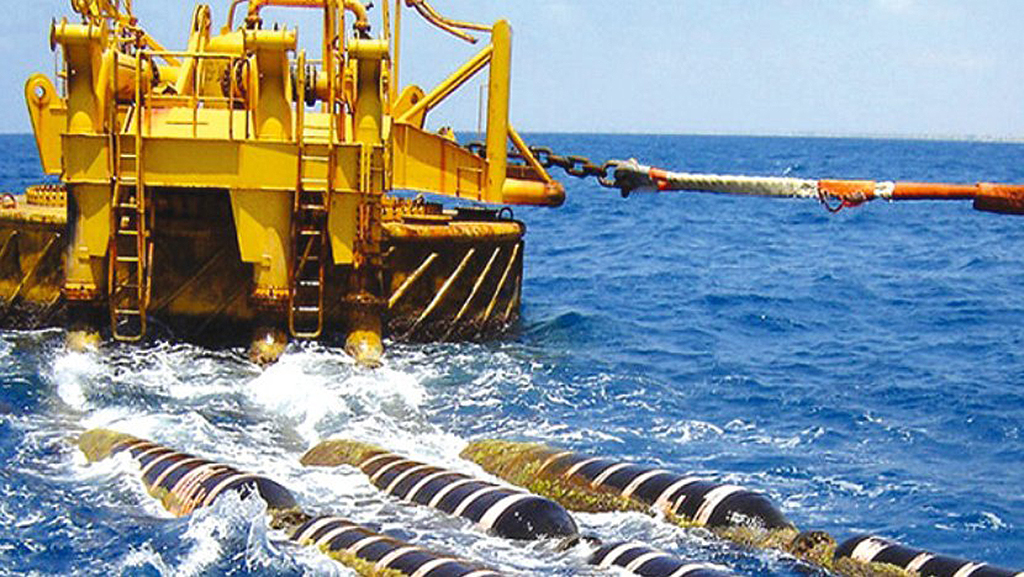Nicosia is said to be wary of undertaking the potential geopolitical risks of the Great Sea Interconnector, complicating the mooted project beyond questions of financing, local media reported on Tuesday.
According to news outlet Stockwatch, the geopolitical risk aspect featured prominently during Monday’s conference call between the interested parties – the European Commission, representatives of the governments of Greece and Cyprus, the two countries’ respective energy regulators, and Greece’s independent power transmission operator (Admie).
Admie is the project promoter, having taken the baton from the Cypriot company EuroAsia Interconnector Ltd in the autumn of 2023. The European Commission meanwhile has pledged €657 million in grants.
Monday’s conference call was the third taking place this month, and according to reports it made little progress. The next call will reportedly take place towards the end of August.
For context, in late July Turkish warships harassed a research vessel off the Greek island of Kasos in the Aegean. The vessel was carrying out surveys for the future deployment of the subsea cable for the proposed electricity link between Crete and Cyprus.
Financing of the interconnector is split at 67 per cent for Cyprus, 33 per cent for Greece. Cyprus bears the lion’s share because the project is seen as benefiting it the most – ending the island’s energy isolation.
Admie now seeks ironclad guarantees that in the event of force majeure – such as interference from the Turkish navy – causing the abandonment of the project, the promoter would not be held responsible and would recoup all its expenses up until that point.
This was alluded to in a decision issued by the Cyprus energy regulator in 2023, at a time when EuroAsia Interconnector Ltd was still the project promoter. That decision stated that, in the event of force majeure, the promoter “may” recoup the expenditures made until the point of scrapping the project.
But the word “may” is ambiguous, which is why Admie wants a more explicit commitment in writing. According to reports, however, the Cypriot side is reluctant to firm up the wording.
In practice, and as things stand, should Turkish interference succeed in blocking the project, the promoter would lose the 63 per cent of its expenditures up until that time – for example payments made to Nexans for manufacturing the electricity cable.
In turn, this poses a conundrum as investors – like banks – would be averse to financing such a project without tight guarantees.
And should Admie throw in the towel, the European Commission would have to seek out a new project promoter.
All this comes in addition to disagreements over financing. The Cypriot energy regulator had in the past decided that consumers here should not pay a fee towards the project before the cable goes live – expected in 2030. By contrast, Admie wants consumers both in Greece and Cyprus to start chipping in as of January 2025.
The energy regulator has agreed to reconsider.
The interconnector project is costed at €1.9 billion. There are €657 million pledged in EU funding, plus €100 million from the Cyprus energy ministry, adding up to €757 million.
Deducting the €757 million from the €1.9 billion gives €1.143 billion. That’s the amount that has to be funded by consumers in Cyprus and Greece. Since two-thirds will come from Cypriot consumers, two-thirds of €1.143 billion works out to €762 million over a span of 25 to 30 years.







Click here to change your cookie preferences